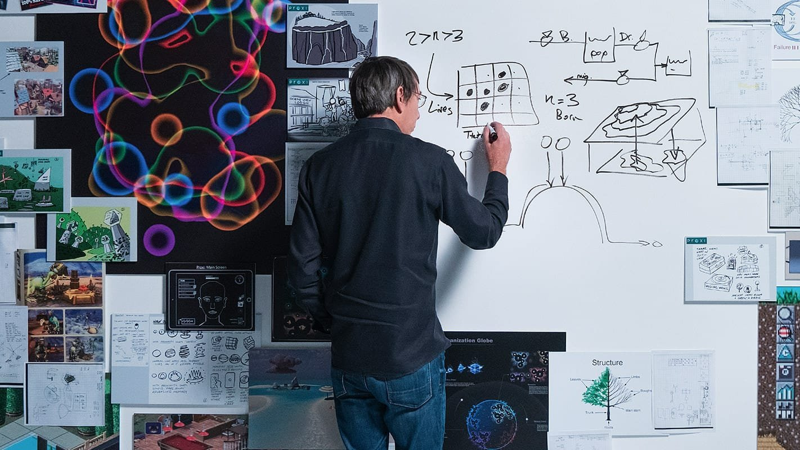Course overview
- Provider
- Domestika
- Course type
- Paid course
- Level
- Beginner
- Deadline
- Flexible
- Duration
- 3 hours
- Lessons
- 16 lessons
- Certificate
- Available on completion
- Course author
- Pepe Gimeno
-
Pepe Gimeno–designer, typographer, illustrator, photographer, and visual artist–teaches you about the laws of visual perception and how to correctly apply them to achieve full expressivity in all your projects.
He illustrates each law by showing you a series of pieces that he has made from scrap materials. Discover a fascinating approach that, conceptually and formally, lies somewhere between experimental graphics and artwork.
In this course, learn how to overcome project constraints and transform obstacles into the creative engine and driving force behind your graphic proposals and solutions.
By the end of this course, you'll know how to use the laws of perception in a wide variety of creative applications including compositions for posters or illustrations, creating page layouts for a book, arranging different elements on the facade of a building, creating typographic characters, and designing virtually any object.
Description
Begin by getting to know Pepe Gimeno and his work. Find out how he became interested in scrap materials and see some of his most distinguished projects.
Discover the immense potential of these objects as artistic material and understand their tremendous poetic value and ability to convey emotions.
Next, get an inside look at Pepe Gimeno's creative approach. Learn how to view objects from a different perspective and make the most out of the constraints imposed by the immutable nature of their size, shape, and color.
Pepe then walks you through a series of exercises to illustrate the four basic laws of visual perception: create a composition with unity between the different elements, categorize the weight of each one, visually represent rest or internal energy in your piece, and finally, take advantage of the energy deriving from imbalance to create motion.
Now you know how to apply these laws to different disciplines and contexts.
Similar courses

-
4 hours
-
21 lessonsCertificate

-
4 hours
-
20 lessonsCertificate


